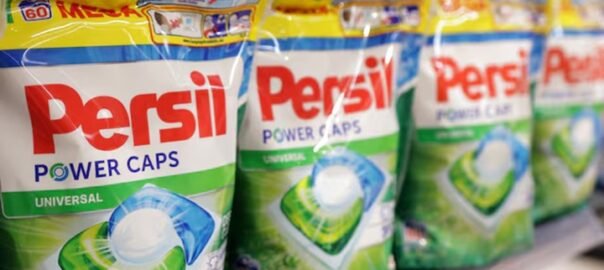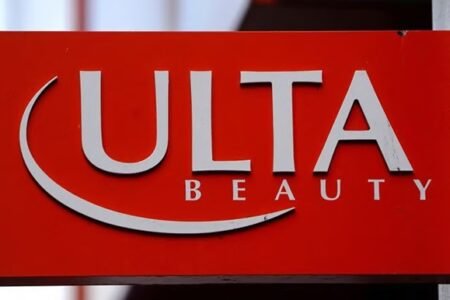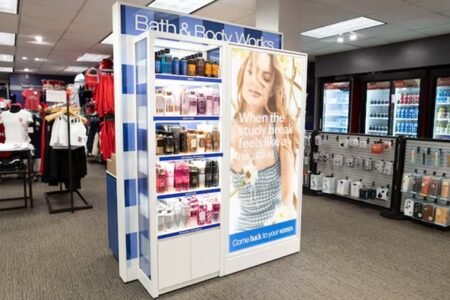
Henkel bets on innovation as profits rise
Germany’s Henkel on Thursday said it was betting on innovative products that help the consumer goods and adhesives maker save costs, as it raised the lower end of its adjusted return on sales forecast range.
The maker of Persil laundry detergent and Schwarzkopf hair products said the strategy was helping it raise prices at a time when consumers are increasingly watching their spending amid increasing global economic uncertainty.
“Better contributions due to innovations are putting us in a position to charge higher prices in some cases,” CEO Carsten Knobel said on a call with reporters.
Knobel said the company’s hair business along with its electronics and industrial business were growing at the fastest pace.
“It is precisely these things that enable us to achieve significantly higher gross margins,” he said.
Henkel merged its beauty care, laundry, and home care brands under one consumer brands division in 2022.
Knobel said the company is well on track to reach or even exceed the savings of 525 million euros targeted at its consumer brands unit by the end of 2025.
Henkel forecast full-year adjusted earnings before interest and tax (EBIT) margin in the 14.5-15.5% range, up from 14.0-15.5% previously.
However, it said that the challenging macroeconomic environment was hampering organic growth. It expects its organic sales to grow between 1% and 2% this year, having previously forecast organic sales growth between 1.5% and 3.5%.
Henkel said its updated outlook continues to take into account the currently foreseeable effects of the global tariff agreements.
European consumer goods companies are revamping their businesses to try to cushion the blow of rising costs, uncertainty over U.S. trade policy, and waning consumer confidence.
The group’s adjusted EBIT margin in the first half came in at 15.5%, up from 14.9% a year ago, and beating the analysts’ average estimate of 15.1% in a Vara Research poll.
Henkel shares were up 2.7% as of 1005 GMT.
Author Credits- Bartosz Dabrowski and Matthias Inverardi
Reuters









